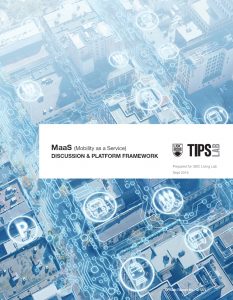One of the ways that forward thinking jurisdictions around the world are addressing encouraging pro-social, sustainable modes and options for users is to facilitate Mobility As A Service (MAAS). The ideal MAAS solution is a technological tool which allows users to see mobility options live and access those options seamlessly. In supporting user convenience in accessing all modes of transit, it is proposed that this type of solution will play a significant role in encouraging people to opt for more sustainable transportation options, changing stigmatized notions of ‘transit’ and producing more options and ease of use for less used but socially beneficial transport options.
Emerging new technologies have the potential to completely revolutionize how we move around the city and the outcome of the transformation is not yet determined. The stakes are high because it could either become an ecosystem of sustainable public transit and personally powered transportation modes or it could become a proliferation of gas powered single occupancy vehicles (car share or personally owned) with significantly eroded public transit options.
The question then arises: what is the best transportation future we can envision? People make decisions on their transportation modes based on value to themselves – price, travel time, experience, comfort, opportunity time and ease of use all play a role. An ideal future would have efficient transport solutions with no congestion, use sustainable fuels so there are little or no GHG emissions, encourage good health outcomes by the engagement of personally powered transportation and have comfortable travel experiences for users and provide for ease of accessing shops and services, as well as provide public interaction and community engagement.
Moving towards a more desired transportation future requires a combination of policy, incentives and technology working together. Generally the streets are not a public market – they are highly controlled spaces with large amounts of regulation regarding licensing and transport modes due in large part to safety concerns. In addition the allocation of the public space of the street is set by public authorities with much debate and discussion by the public.
UBC AS A LIVING LAB FOR BC
The Lower Mainland in BC has many advantages as a region to implement MAAS due to its integrated transit and insurance systems and the pro-active approach that the Province has taken to sustainable transit. There is also a good working relationship between the transit authority, UBC, industry and the government as established in past research projects, for example regarding electric vehicle charging infrastructure installation.
UBC itself is an ideal test location since it has its own planning, transportation and parking authority and is set up to implement ‘Living Lab’ projects as demonstrated by their past history and current experience with successful implementation of research projects regarding transportation. It is also a contained geographic area with a young, technologically savvy population.
This research will speculate on what an MAAS platform would look like for the Lower Mainland.
Download TIPSLAB – MaaS report Sep 2019
Authors:
Yuval Fogelson
Samantha Chan
Stephanie Chen
Aysia Lowell-Guy
Dylan Phuong
Faculty:
AnnaLisa Meyboom



